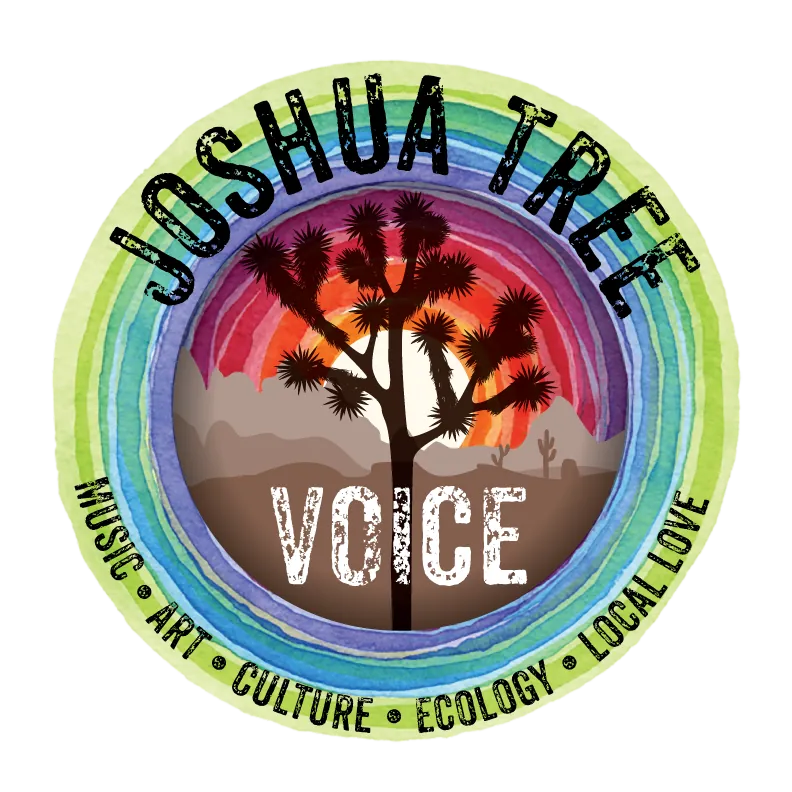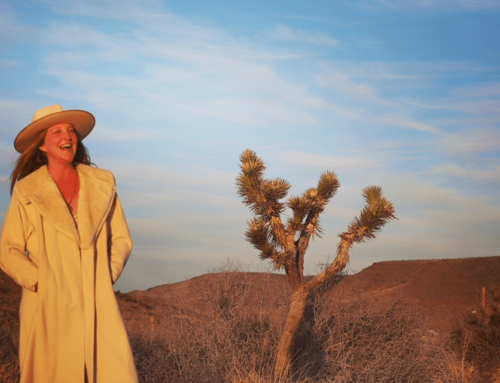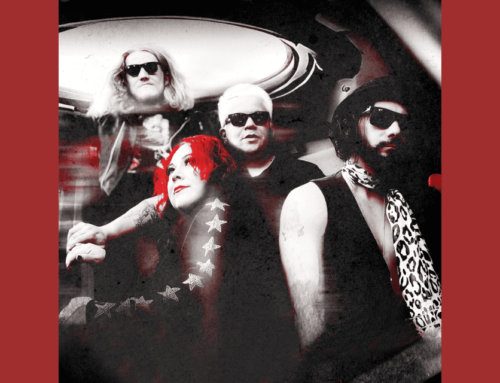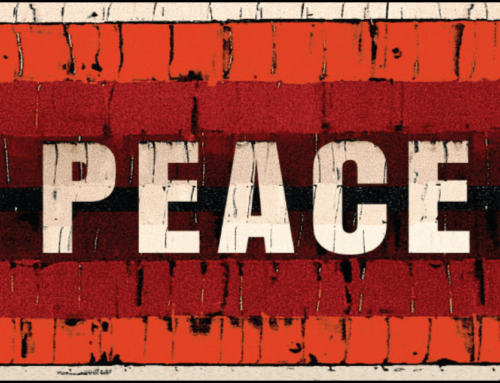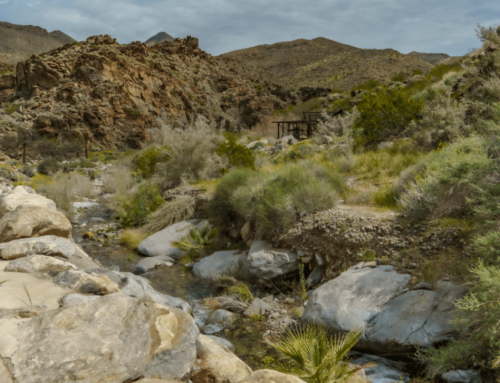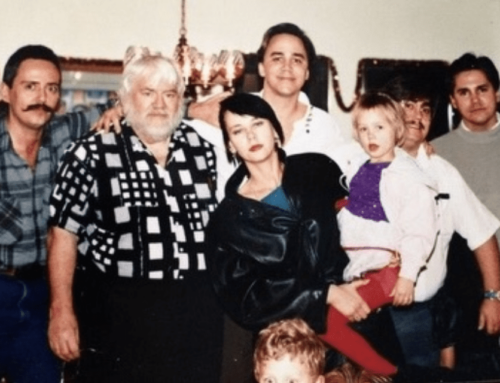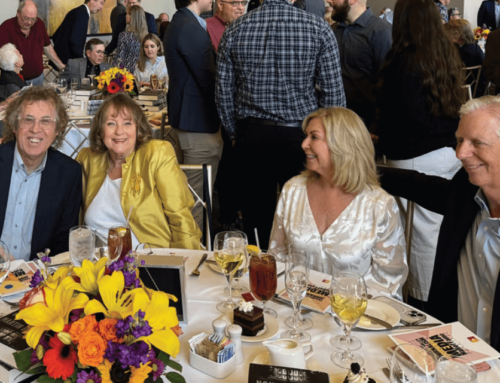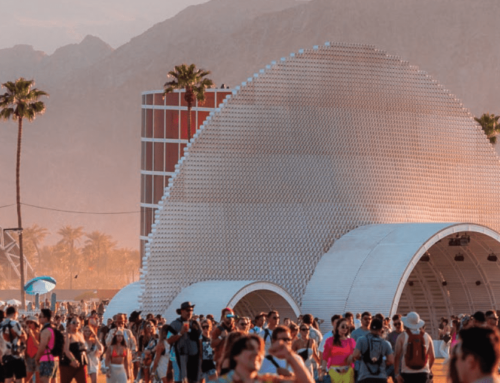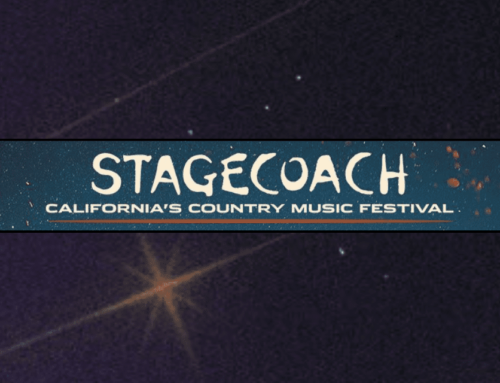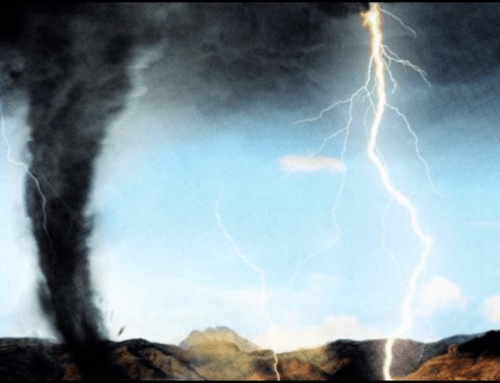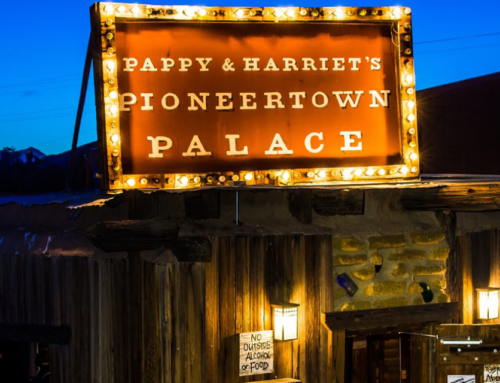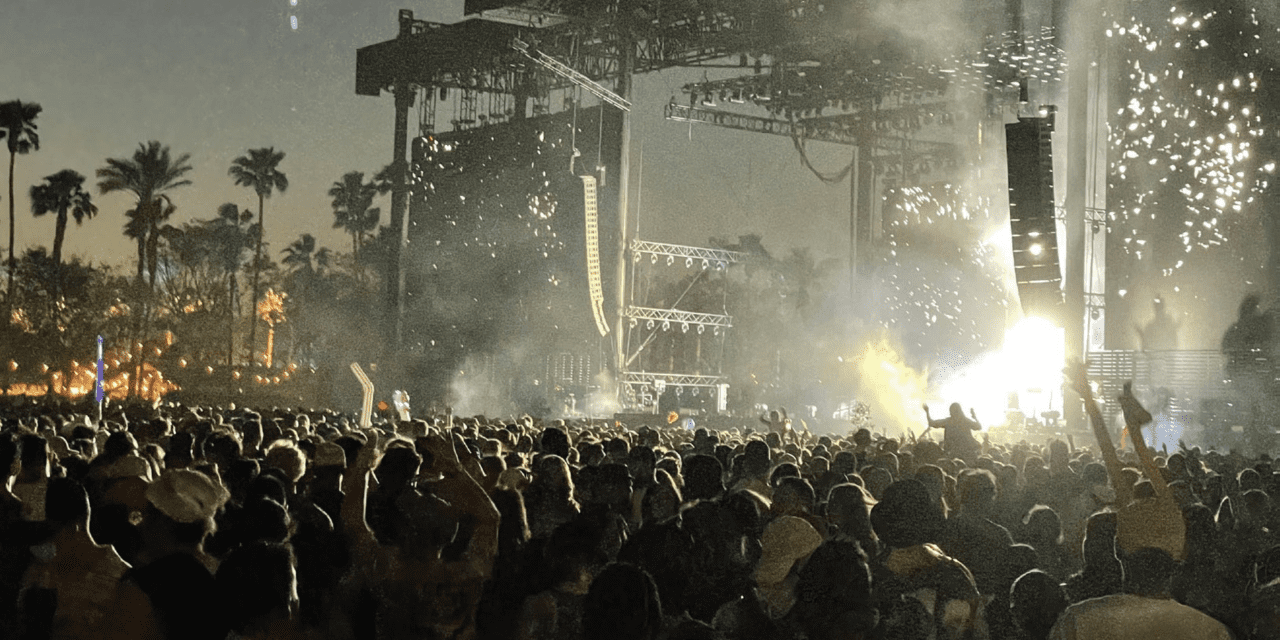
COACHELLA Moments
By Bruce Fessier
People come to Joshua Tree National Park to find community in nature. They come to Coachella to find community among masses of people.
The Coachella Valley Music and Arts Festival has always been about inclusiveness. It was founded in 1999 to showcase performers who couldn’t get their music played on radio or TV. Goldenvoice promoters, Paul Tollett and the late Rick Van Santen, hatched a plan to integrate the niche forms of music they had been presenting in Los Angeles County – including hip-hop, electronica and alternative rock – into one mass audience at Indio’s huge Empire Polo Club to find a cool way to turn a profit.
It took a while to catch on. In 2002, Carson Daly of MTV’s “Total Request Live,” said on a visit to his former Palm Desert home that he hadn’t heard of Coachella. But internet users spread the word that Coachella was worth a road trip for the same reason seekers came to Joshua Tree: to experience the mystique.
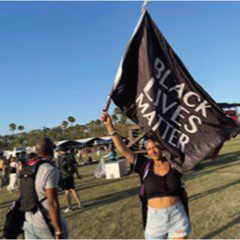
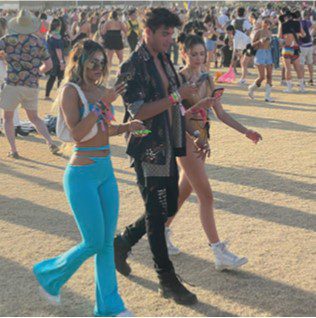
But the greatest evidence of Coachella’s community feel came on its first Friday when one of the festival’s most legendary bands, Arcade Fire, showed its concern for its fans. The Canadian band opened with its new single, “The Lightning,” but quickly stopped when front man, Win Butler, noticed a fan in distress. With the memory of 10 fans dying during a stage rush at Travis Scott’s show at the Astroworld Festival last year in Houston still fresh in people’s minds, Butler yelled “medic.” When it appeared the fan was OK, Butler was cheered for his caution. Then Arcade Fire’s new music was embraced. The band didn’t play material from its 2011 Grammy Award-winning album, “The Suburbs,” until its fourth song. But by then the packed Mojave tent audience was delighting in its fun props, its enthusiastic playing, and its five-part harmony and unison vocals, which had the audience singing along to every word.
Butler introduced another new song near the end of the set and with it came another human moment. He dedicated “Unconditional (Lookout Kid)” to his son and, while singing “There are things that you could do/ That no one else on earth could ever do/ That I can’t teach you, I can’t teach it to you,” Butler choked up and stopped again. But he gathered himself and followed with the band’s classic singalong, “Wake Up,” making it their last song at Coachella ’22. Sadly, Arcade Fire chose not to return for the festival’s second weekend.
A common theme among the almost 200 acts at Coachella was how good it felt to return after the pandemic. Producer El-P of the rap duo, Run the Jewels, quipped Sunday afternoon, “And, per my request, it’s 1000 degrees out.” As if to make amends, Goldenvoice moved them the next Friday to 8:10 p.m. in the Mojave tent, offering shelter from a highly unusual storm.
Despite the war in Europe and the general relief over declining COVID-19 numbers, there wasn’t a sense of partying like it was 1939. That’s either because Goldenvoice made this a seamless progression from past festivals, building on its constant quest for Coachella moments, or that many fans simply hadn’t seen enough festivals to realize things were back to normal.
Harry Styles elicited Justin Bieber/Beatlemania-type screams for his Friday night headliner set — highly unusual for Coachella and reflective of his younger audience. Styles has star quality, but his touted duets with Shania Twain were less than compelling and even his giant hit, “Watermelon Sugar,” fell short of being a Coachella moment.
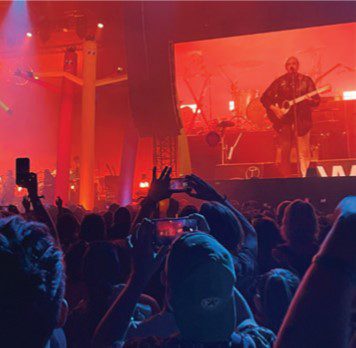
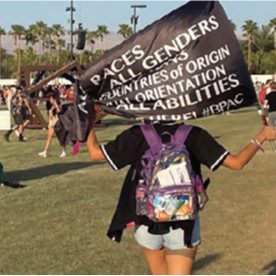
By contrast, Saturday’s younger headliner, Billie Eilish (born eight months after the 2001 Coachella), found more theatrically honest ways of connecting with her audience, even with her use of a crane to get closer to her fans for an intimate song like “Overheated.”
Some of the best Coachella moments came from the combination of hip-hop and electronic music, such as rapper Khalid joining the English duo, Disclosure on “Talk,” leading to their own horn-driven hit, “Tondo.” A few rappers needed more production to be a compelling on a large stage, but, conversely, modern folk rocker, Maggie Rogers, commanded the Coachella stage with just good songs and taut arrangements.
Of all the surprise appearances, the biggest to me was seeing an electronic star, Dutch legend Tiesto, sitting in with Karol G on their hit, “Don’t Be Shy.”
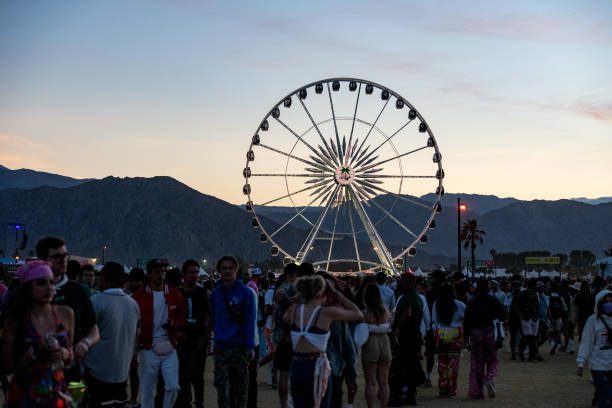
Giselle Woo and the Night Owls represented the Coachella Valley beautifully on opening day and gave fans a festival theme song with “Coachella Gold.”
That such diversity could come together in such a warm embrace is a testament to the planning of Goldenvoice and the mystique of music in the desert.
Bruce Fessier covered the first 20 Coachella festivals for The Desert Sun and has since written about it for Palm Springs Life and Inland Empire magazine. Fessier has long been covering historic music in the desert, including our hometown legends. Joshua Tree Voice is honored to publish the contributions of this Coachella Valley Music Awards, Lifetime Achievement Award winner.
